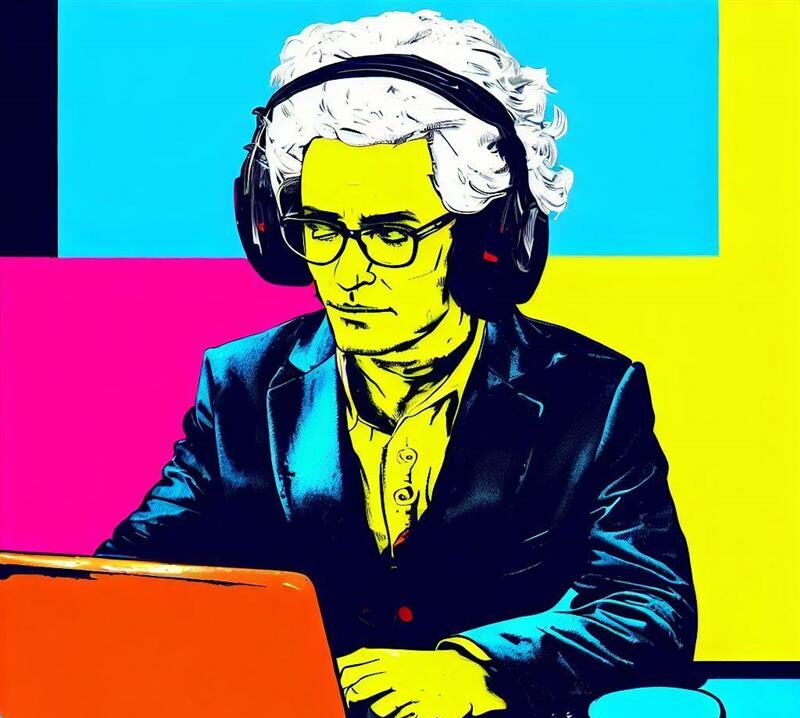Computer scientists Stuart Russell and Peter Norvig described artificial intelligence in their seminal 1995 textbook on the topic as “the study of how to make computers do things that, at the moment, people do better.” With the launch of large language models such as Microsoft-backed OpenAI’s ChatGPT-4, AI has taken center stage in the debate about the resilience of our society and economy.
First coined in 1956, AI has evolved over the past seven decades and been integrated into ever more parts of our daily lives. As new developments accelerate, we must address the question of how to balance the harm these systems pose against the benefits they can bring.
One particular area for concern is the impact on our democratic processes. Decades of peace and reasonably well-functioning democratic institutions in Europe may have made us forget that it takes constant care and effort to nourish, defend, and protect democracy. The war in Ukraine and the rise of anti-democratic…



 Audio available
Audio available